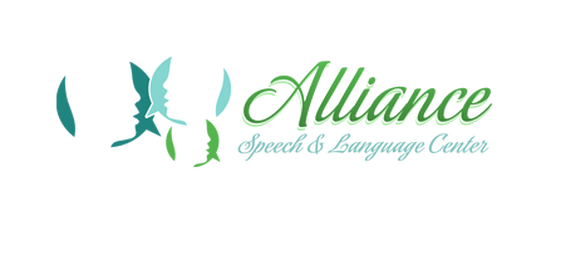Feeding and Swallowing is Critical To Optimize Oral Motor Development and Function
Special attention is made to the oral preparatory and oral phase of the swallow. Babies and young children may have feeding disorders, whereby they have difficulty with bottle feeding, using a straw or transitioning to various textures well. The reasons may be due to low tone, high tone, structural issues, sensory/motor impairments or any number of medical, genetic or neurological disorders, which would be uncovered throughout the history and during an evaluation.
During an evaluation, besides interviewing the parent for important history information, a full oral peripheral examination will be performed which may reveal any issues that interfere with feeding and swallowing, and then the individual will be observed during feeding and swallowing. This is also a component of a speech evaluation – to fully appreciate the muscle function that is used for both speech and swallowing.
Feeding therapy treatment goals and techniques are highly tailored to the individual needs of the patient. Some techniques may include positioning, nipple and bottle selection (in the case of babies), Beckman stretches, Food Chaining, sensory stimulation, jaw, tongue, lip and cheek exercises and other strategies. We work closely with IBCLC (lactation consultants), and bodyworkers to improve babies and young children with sucking and other feeding difficulties. Shira has studied with many leaders in the field such as Suzanne Evans Morris, Jeri Logemann, Susan Langmore, Joseph Murray, Diane Bahr, Robyn Merkel-Walsh, Nina Ayd Johanson, Michelle Emanuel, Debra Beckman and Sara Rosenfeld-Johnson plus many others.
We are highly experienced in evaluating and treating 3 of the 4 stages of dysphagia, or swallowing disorders. They include oral preparatory phase, oral phase and pharyngeal phase swallowing disorders. These three are within the scope of practice of a SLP. The fourth phase is the esophageal phase, which is under the scope of practice of gastroenterologists (GI doctors). There are many causes of oral and pharyngeal swallowing disorders, and treatment is custom tailored to each individual’s needs. However, most pharyngeal swallow disorders should be evaluated with a Modified Barium Swallow Study (MBS) or Fiberoptic Endoscopic Evaluation of Swallowing (FEES) which are typically performed at a hospital. Although Shira has performed thousands of these studies and treated patients with pharyngeal dysphagia in the past, she currently focuses on oral preparatory and oral phase dysphagia evaluation and treatment. However, her background has provided her with a strong understanding of the swallowing mechanism as a whole process.
